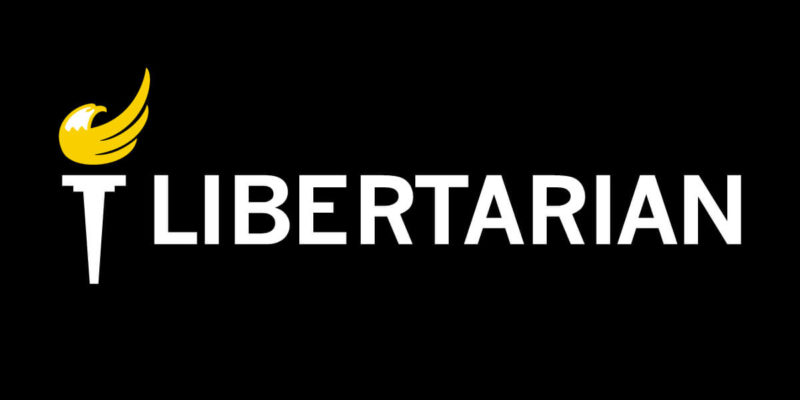Whereas OCGA 17-8-2 gives lawyers who are members of the Georgia General Assembly the ability to request a continuance or stay of a pending court case at any time a Member can certify “that his or her presence elsewhere is required by his or her duties with the General Assembly”;
Whereas Speaker David Ralston has invoked OCGA 17-8-2 a total of 1,091 times in relation to 279 cases to delay lawful prosecution of clients, keeping some cases off the docket for several years;
Whereas extensions and delays of court cases make prosecution difficult, as witnesses and victims may forget details of an incident, or move out of available jurisdictions;
Whereas service to the Georgia General Assembly is considered a part time job paying $17,342 per year;
Whereas the Speaker of the House is granted additional salary to account for the increased duty of his or her office in the amount of $99,082 per year;
Whereas Speaker David Ralston and others have defended these delay tactics by claiming the “need to make a living”;
Whereas a salary of $99,082 is 1.7 times the average salary in Georgia, and nearly four times the poverty rate for a family of four, the sum should suffice “to make a living”;
Whereas Article I, Section I, Paragraph X of the Georgia Constitution reads “No bill of attainder, ex post facto law, retroactive law, or laws impairing the obligation of contract or making irrevocable grant of special privileges or immunities shall be passed.”
Whereas no such laws exist for any other profession in Georgia, affording lawyers a unique right to bend their job duties around the legislative schedule; and
Whereas the law was amended in the 2019 General Assembly session to give judges more power in allowing or not allowing these continuances, but left the special preference in place.
Resolved, that the Libertarian Party of Georgia:
- condemns the practice of granting unique preference to current and potential officeholders of one profession, and ask that the relevant Georgia Code be revised to remove this special status; and
- demands accountability for abuse of existing preferences which have delayed (and in many cases denied) equal justice in Georgia Courts.

